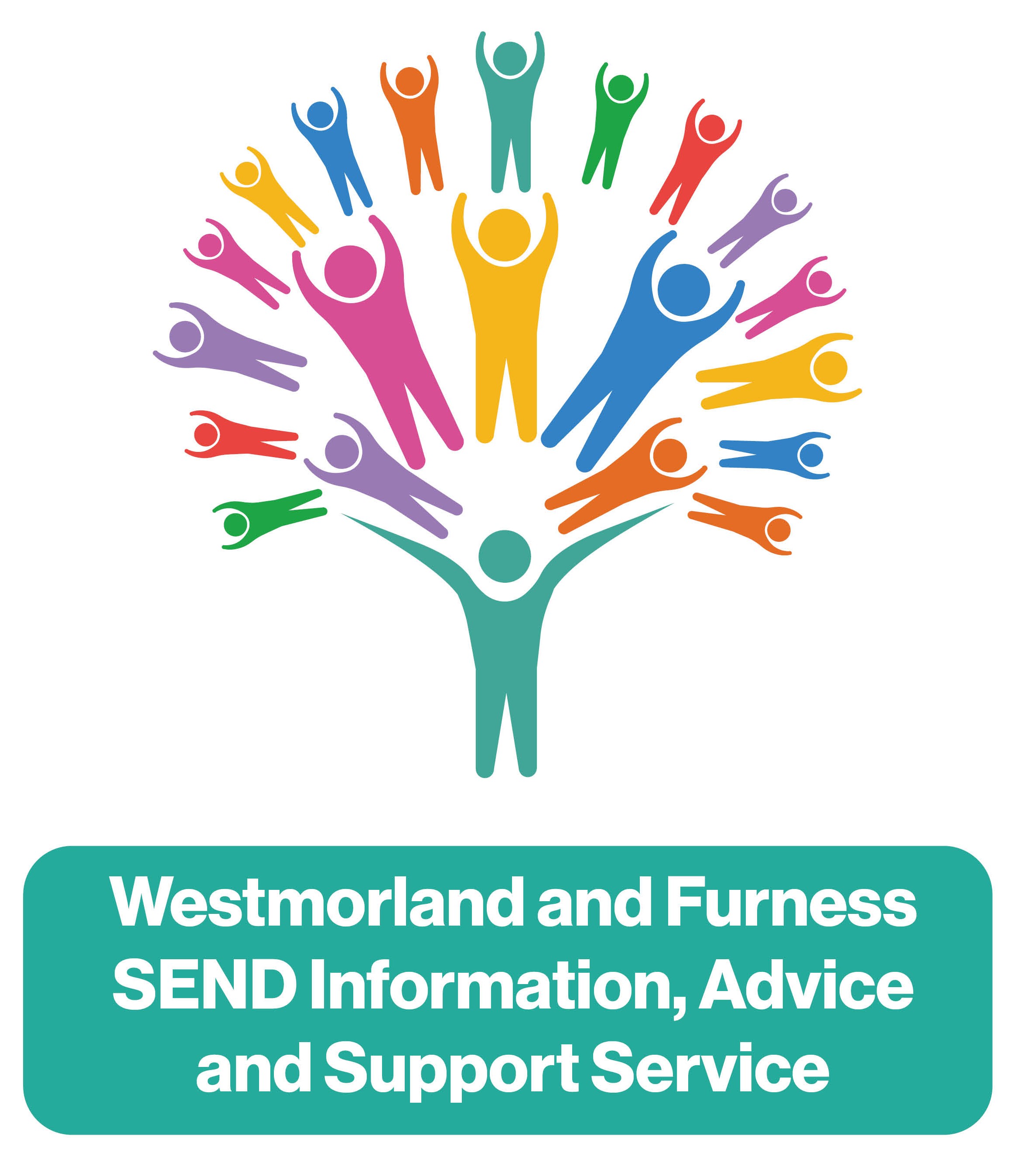Advocacy
SEND Information, Advice and Support Services (SEND IASS) have adopted the following definition of advocacy:
Advocacy means getting support from another person to help you express your views and wishes and help you understand and exercise your rights.
Westmorland and Furness SEND IAS Service does not fulfil the role of statutory advocates and we do not provide legal advocacy as provided by a lawyer. More information on the types of advocacy available, including statutory advocacy, can be found at Mind.
Westmorland and Furness SEND IAS Service will:
- Listen to your views and concerns.
- Help you explore your options and rights, without pressuring you.
- Provide information to help you make informed decisions.
- Help you with contacting relevant people or contact them on your behalf if you are unable to do so, with your permission.
- Offer support at meetings if required after considering your personal circumstances, needs and capacity.
Westmorland and Furness SEND IAS will not:
- Give you their personal opinion.
- Solve problems and make decisions for you.
- Make judgements about you.
The role of Westmorland and Furness SEND IAS Service in meetings includes:
- Supporting you to ask all the questions you want to ask.
- Making sure all the points you want covered are included in the meeting.
- Explaining your options to you without giving an opinion.
- Asking for a break if you are finding the meeting upsetting or overwhelming.
- Explaining your options to you without giving an opinion.
- Asking for a break if you are finding the meeting upsetting or overwhelming.
The Council for Disabled Children have provided a short animation on what an information, advice and support service is.
